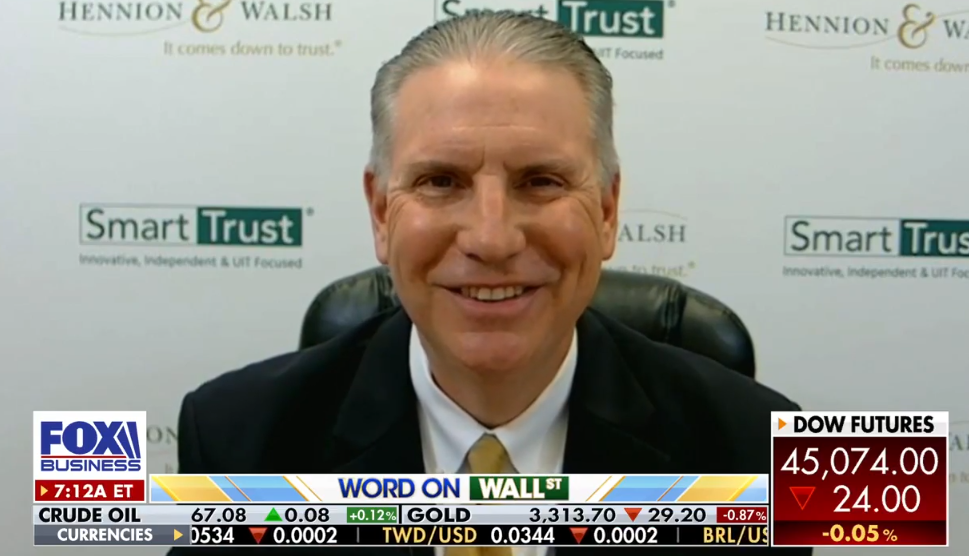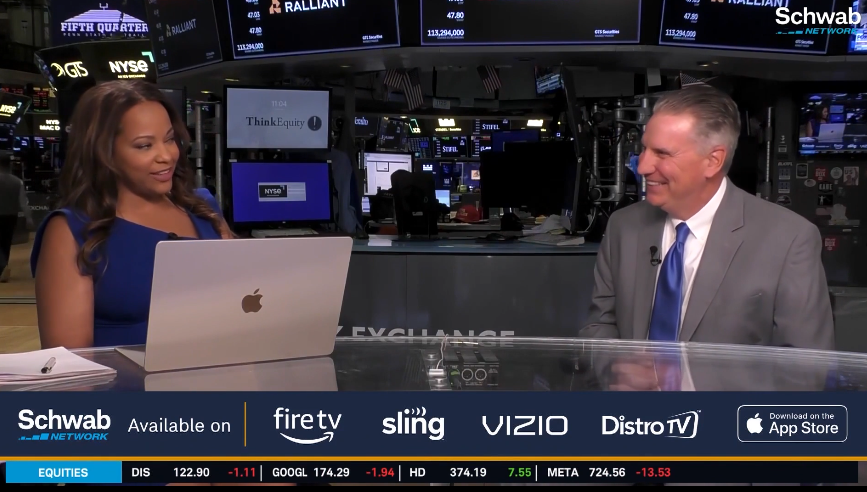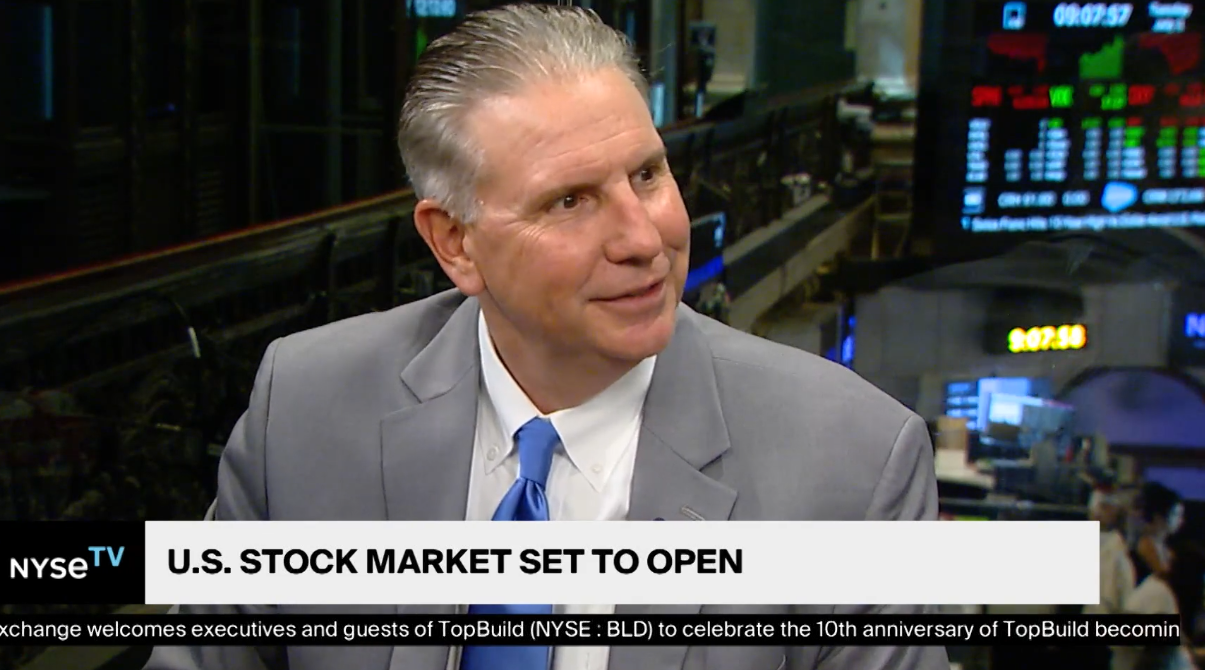
Stocks Suffer Sharp Decline but then Recover
Market Overview
Sources: Equity Market and Fixed Income returns are from JP Morgan as of 5/19/17. Rates and Economic Calendar Data from Bloomberg as of 5/22/17.
Happening Now
Stocks suffered their worst daily loss of 2017 last week on the back of political concerns in the U.S. and Brazil. On Wednesday, May 17, the S&P 500 Index lost 1.8%, which represented the largest daily loss in eight months. For the week, U.S. stocks moderated the loss and finished with a weekly decline of just 0.3%. The Russell Midcap Index was the only domestic winner for the week in terms of market capitalization-based performance, with a gain of 0.1% while the Russell 2000 Index lagged, falling 1.1%. Internationally, developed markets, which also saw intraday declines on Wednesday of over 1%, managed to finish last week with a 1% gain. Emerging markets, on the other hand, lost 0.6% but still can boast of the best year-to-date returns with a gain of over 16%.
Markets were shaken by political noise out of the U.S. last Wednesday that forced investors to re-think the probability of President Trump’s pro-growth agenda being enacted this year. Also roiling markets was coverage of the turmoil engulfing Brazil’s current president. This is the second time in less than 12 months that the country has had to battle with a scandal at the highest levels of their government. This is an important issue to follow since Brazil is home to the world’s ninth largest economy despite still being considered an “emerging” market and can be found in many investor portfolios through their emerging market allocations.
Fortunately, a solid economic foundation currently serves as the backdrop for equities as media headlines continue to grab investor attention this year. For example, in the U.S., companies have reported that first quarter earnings and sales have both grown at their fastest pace in over five years, financial conditions remain relatively accommodative, and economic activity has stabilized. For those invested in emerging markets, political disruption is often a nuisance that can be expected every once in a while. We remain encouraged, however, by the underlying market trends in place for diversified investors with an allocation to emerging market stocks. Considering the attractive valuations, improving earnings, and nearly synchronized global economic growth, a measured and diversified investment in developing markets should continue to yield positive results.
We have discussed the increased likelihood of short term volatility several times this year. Given consolidating economic growth, high stock valuations, and the potential for additional political uncertainty, more bouts of short-term volatility ahead should be expected. As a result, investors would be wise to understand how their strategy might perform during a market pullback to help ensure that they are investing appropriately.
Important Information and Disclaimers
Disclosures: Hennion & Walsh is the sponsor of SmartTrust® Unit Investment Trusts (UITs). For more information on SmartTrust® UITs, please visit www.smarttrustuit.com. The overview above is for informational purposes and is not an offer to sell or a solicitation of an offer to buy any SmartTrust® UITs. Investors should consider the Trust’s investment objective, risks, charges and expenses carefully before investing. The prospectus contains this and other information relevant to an investment in the Trust and investors should read the prospectus carefully before they invest.
Investing in foreign securities presents certain risks not associated with domestic investments, such as currency fluctuation, political and economic instability, and different accounting standards. This may result in greater share price volatility. These risks are heightened in emerging markets.
There are special risks associated with an investment in real estate, including credit risk, interest rate fluctuations and the impact of varied economic conditions. Distributions from REIT investments are taxed at the owner’s tax bracket.
The prices of small company and mid cap stocks are generally more volatile than large company stocks. They often involve higher risks because smaller companies may lack the management expertise, financial resources, product diversification and competitive strengths to endure adverse economic conditions.
Investing in commodities is not suitable for all investors. Exposure to the commodities markets may subject an investment to greater share price volatility than an investment in traditional equity or debt securities. Investments in commodities may be affected by changes in overall market movements, commodity index volatility, changes in interest rates or factors affecting a particular industry or commodity.
Products that invest in commodities may employ more complex strategies which may expose investors to additional risks.
Investing in fixed income securities involves certain risks such as market risk if sold prior to maturity and credit risk especially if investing in high yield bonds, which have lower ratings and are subject to greater volatility. All fixed income investments may be worth less than original cost upon redemption or maturity. Bond Prices fluctuate inversely to changes in interest rates. Therefore, a general rise in interest rates can result in the decline of the value of your investment.
Definitions
MSCI- EAFE: The Morgan Stanley Capital International Europe, Australasia and Far East Index, a free float-adjusted market capitalization index that is designed to measure developed-market equity performance, excluding the United States and Canada.
MSCI-Emerging Markets: The Morgan Stanley Capital International Emerging Market Index, is a free float-adjusted market capitalization index that is designed to measure the performance of global emerging markets of about 25 emerging economies.
Russell 3000: The Russell 3000 measures the performance of the 3000 largest US companies based on total market capitalization and represents about 98% of the investible US Equity market.
ML BOFA US Corp Mstr [Merill Lynch US Corporate Master]: The Merrill Lynch Corporate Master Market Index is a statistical composite tracking the performance of the entire US corporate bond market over time.
ML Muni Master [Merill Lynch US Corporate Master]: The Merrill Lynch Municipal Bond Master Index is a broad measure of the municipal fixed income market.
Investors cannot directly purchase any index.
LIBOR, London Interbank Offered Rate, is the rate of interest at which banks offer to lend money to one another in the wholesale money markets in London.
The Dow Jones Industrial Average is an unweighted index of 30 “blue-chip” industrial U.S. stocks.
The S&P Midcap 400 Index is a capitalization-weighted index measuring the performance of the mid-range sector of the U.S. stock market, and represents approximately 7% of the total market value of U.S. equities. Companies in the Index fall between S&P 500 Index and the S&P SmallCap 600 Index in size: between $1-4 billion.
DJ Equity REIT Index represents all publicly traded real estate investment trusts in the Dow Jones U.S. stock universe classified as Equity REITs according to the S&P Dow Jones Indices REIT Industry Classification Hierarchy. These companies are REITSs that primarily own and operate income-producing real estate.




